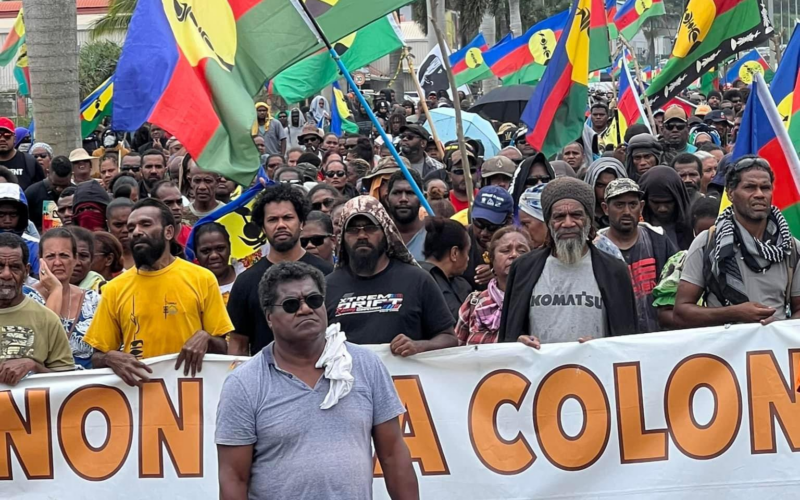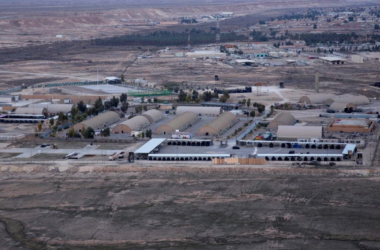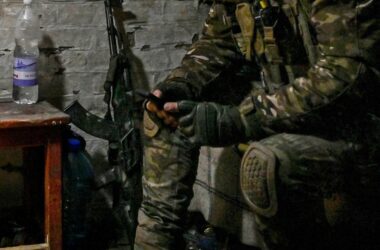Seven individuals associated with a pro-independence group in New Caledonia have been transferred to mainland France for pre-trial detention following their alleged involvement in last month’s large-scale riots, according to local authorities.
Yves Dupas, the public prosecutor in Noumea, the capital of the French Pacific territory, announced the transfer in a statement on Sunday. He explained that a specially chartered plane was used during the night to transport the detainees to France, citing the sensitivity of the legal proceedings and the need for investigations to proceed without undue influence.
Among those transferred was Christian Tein, leader of the Field Action Coordination Cell (CCAT), a pro-independence group implicated in the unrest. Tein, who had been in custody, was formally charged on Saturday in connection with the violence, which resulted in the deaths of nine individuals, including two police officers. The riots also caused extensive damage amounting to approximately $1.6 billion, amid protests against controversial voting reforms.
Details regarding the specific charges against Tein were not immediately disclosed by authorities. However, according to French daily Le Monde, Dupas indicated that the investigation covers allegations of armed robbery, complicity in murder, or attempted murder.
Reacting to the transfer, Tein’s lawyer, Pierre Ortent, expressed surprise and criticized the decision as politically motivated. Ortent emphasized that such measures were unprecedented for New Caledonia and suggested they were aimed at appeasing public sentiment rather than ensuring fair legal proceedings.
Another lawyer representing one of the detainees, Gilles Joredie, condemned the prosecutor’s actions, characterizing them as creating “martyrs for the independence cause,” as reported by Le Monde.
The CCAT, which has denied accusations of orchestrating the violence, saw several of its members, including Brenda Wanabo, the group’s communications chief, also transferred to France.
The unrest in New Caledonia erupted following proposed electoral reforms that sparked protests and demonstrations. The reforms aimed to allow long-term residents to participate in local elections, a move that raised concerns among the archipelago’s Indigenous Kanak population about potential dilution of their voting power and implications for future independence aspirations.
In response to the unrest, France deployed troops to New Caledonia, underscoring the seriousness with which Paris viewed the situation.
The developments underscore ongoing tensions in New Caledonia surrounding issues of governance, sovereignty, and the aspirations of the Indigenous Kanak population.








